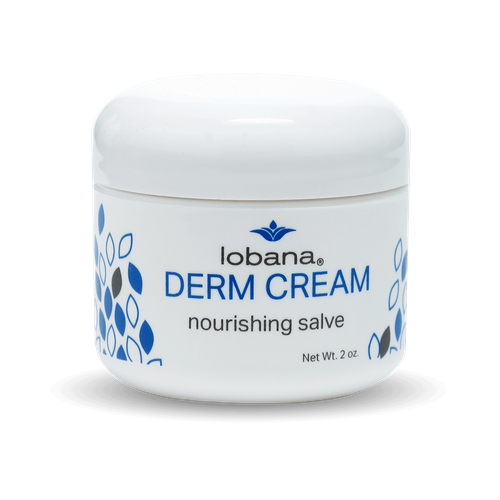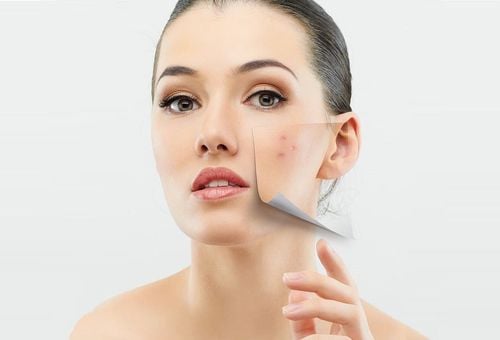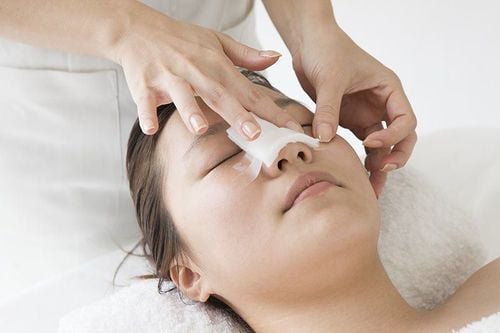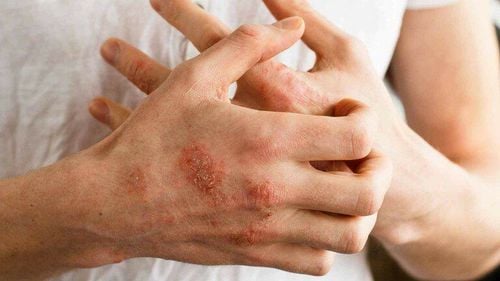This is an automatically translated article.
Glycerin is a natural compound derived from vegetable oils or animal fats. It is one of the main ingredients in moisturizers and lotions. Studies show that glycerin can positively affect your skin in some way.
1. What is glycerin?
Glycerin, also known as glycerol, is a natural compound derived from vegetable oils or animal fats. Glycerin is a clear, colorless, odorless liquid with a sweet syrup-like taste. Glycerin is a type of substance that has a moisturizing effect, helping to pull water from the air into the outer layer of the skin to the deeper layers of the skin. In skin care products, glycerin is often used in conjunction with a humectant, another type of humectant, to keep the moisture it draws in to the skin. According to a 2016 study, glycerin is the most effective humectant compared to many other products, including:Alpha hydroxy acids such as lactic acid and glycolic acid Hyaluronic acid Propylene glycol and butylene glycol Sorbitol Urea Glycerin is The most frequently reported ingredient in cosmetics, it ranks 3rd after water and fragrance in the 2014 Cosmetic Ingredient Review. Glycerin is recognized as one of the main ingredients in moisturizers and lotions. skin, the purchase and use of glycerin in its pure form is becoming increasingly popular among consumers. Studies show that glycerin can positively affect the skin in a number of ways.
2. What effect does glycerin have on facial skin?
Glycerin can have a positive effect on your skin, its appearance in skin care products seems to be warranted. According to a 2008 study, glycerin can act on the skin such as:Hydrate the stratum corneum of the skin Improve skin barrier function and mechanical properties. Provides protection against skin irritants. Accelerate the wound healing process.
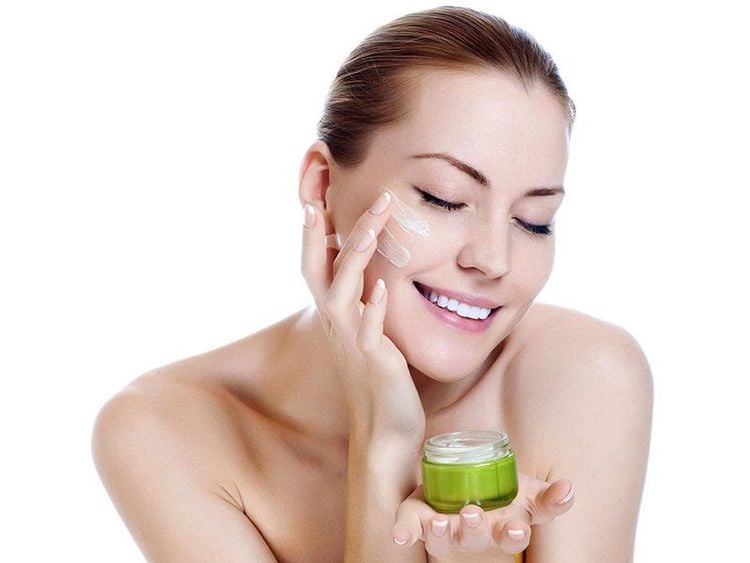
Glycerin là một trong những thành phần chính trong kem dưỡng ẩm và kem dưỡng da
In addition to the above roles, glycerin is also used as a substance:
Laxative, drawing water into the intestines to treat constipation. Media for Many Pharmaceutical Preparations Sweeteners Thickeners Preservatives Glycerin is generally recognized as safe by the Food and Drug Administration.
3. Does glycerin cause side effects?
Glycerin is a natural product and does not appear to have many reported side effects. However, depending on the location of each person, allergic reactions are inevitable in some cases. Besides, glycerin is a humectant, drawing water from the nearest source. Especially in low humidity conditions, the closest source of water is the lower layers of the skin. The skin on the face tends to be more delicate. This can dehydrate the skin, even to the point of blistering.
Under certain conditions, glycerin can backfire and dehydrate the skin. So be careful when using it in low humidity weather or maybe dilute it with water or another substance. Many people often choose to use natural cosmetics and are advised to dilute glycerin with rose water, because rose water hydrates the skin and refines the pores. In a 2011 study found that rose had a positive antioxidant effect on the skin.
If, after applying glycerin to the skin, you feel any signs of an allergic reaction such as redness, itching, stop using the product immediately. Before using glycerin, check and consult with your doctor to make sure it is suitable for your skin and will not affect any of your existing health conditions.
In a nutshell, glycerin is a humectant that helps pull water into the outer layer of the skin from the deeper layers of the skin and the air. According to many studies, glycerin can have a positive effect on your skin, so it is one of the commonly used ingredients in skin care products. However, some people may experience allergic reactions, so before using any product you should consider and consult a dermatologist to prevent unwanted effects.
Please dial HOTLINE for more information or register for an appointment HERE. Download MyVinmec app to make appointments faster and to manage your bookings easily.
Reference source: healthline.com



